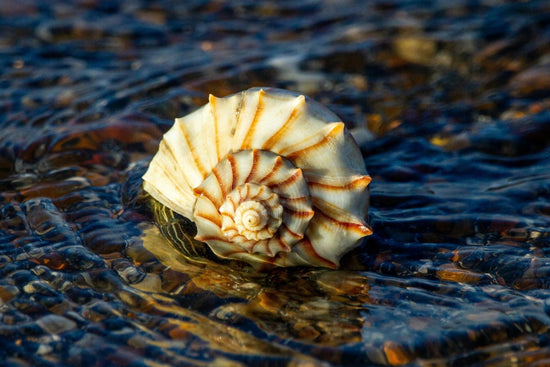How did it even get down there?
"The canary in the coal mine" is a familiar idiom used to characterize something as an early warning system for toxicity or danger. And as you may know, the metaphor comes from an old mining practice involving actual canaries in actual coal mines. It was devised in 1896 by John Scott Haldane, a Scottish engineer, physician and physiologist who was called to help find the cause of an explosion at a colliery in Whales that year.
After investigating the scene, he concluded that the explosion was caused by a build-up of carbon monoxide and promptly began experimenting on himself, determined to find a way to detect the odorless gas faster than exposure to it could cause fatality. He tested on small animals as well, though his biographer says that he would rarely, if ever, do something to an animal that he wasn’t prepared to do to himself, and, in fact, calls Haldane “one of the first anti-vivisectionists.”
The result of Haldane’s research would come to be known as the pit canary: a bright yellow songbird kept in a small cage, carried deep into the mine shafts to detect dangerous levels of carbon monoxide in time for miners to evacuate. Haldane had found that canaries were 20 times more sensitive to the gas than humans, and would reliably show signs of carbon monoxide poisoning by ceasing to sing or falling from their perches.
As The Police put it, they are, "first to fall over when the atmosphere is less than perfect."

But did they die?
As previously mentioned, John Haldane was extremely concerned for the welfare of the animals on whom he experimented. So it's rather ironic that there exists such a pervasive misconception about pit canaries: that in order to serve this purpose, the canaries would have had to die.
In fact, Haldane is credited with inventing an apparatus intended to revive the birds as soon as they fell quiet.

A small cage with an air-tight door at the front was fitted with an oxygen tank. The door would be left open, but a grate kept the bird from flying out. Once the bird showed signs of carbon monoxide poisoning, the door would be shut and a valve turned to release oxygen into the chamber.
The miners loved these birds. They were known to treat them like pets, talking, singing, and whistling to them. They were not simply colliery equipment to the miners, but companions.
Bye-Bye, Birdie
In December 1986, the UK announced that it would phase out the use of canaries in favor of handheld devices with digital read-outs, and the U.S. followed suit soon after. (Not to spare the birds from peril, of course, but because it would ultimately be cheaper.) But even after they were replaced with electronic CO detectors, collieries continued the tradition of keeping canaries, says David Coleman in his 2017 book, ‘A Nottinghamshire Pitman’s Story’:
“As a tribute to the canary, every pit top, near the Colliery Manager’s office usually, had an aviary full of canaries. Although they didn’t use them much, they still kept them as a tradition. There was always somebody nominated to look after them. They saved many, many lives.”
Canary Clean
When it came time to decide on a name for our all natural, multipurpose dish and surface cleaner, we wanted to evoke the kind of trust those miners put in their canary companions. But, you know, just, in a vegan way.
With Canary Clean, you know without a shadow of a doubt that your space is pristine, and that your cleaning products didn't come along with any extra nasties hiding behind words like "fragrance". (Bye, phthalates! See ya never, parabens!) Because Canary Clean is synthetic-free, detergent-free, biodegradable, and completely plant-based. And that's good news for your home, the planet, its waterways, and your body's endocrine system!
If you're still reading, you're rad as heck, and you deserve a discount code that only people who read this whole blog will see. So go ahead and use code Canary2410 at checkout to get two bars of Canary Clean for $10! (Good once per customer until the end of June. Can't be combined with other offers.)
Breathe easy out there, Sea Witches. 🐤






1 comment
Wow, this story was so fascinating! I am so happy to find out that the Canaries were so well taken care of and they did not have to die. Thanks for sharing this. I can’t wait to try your products!